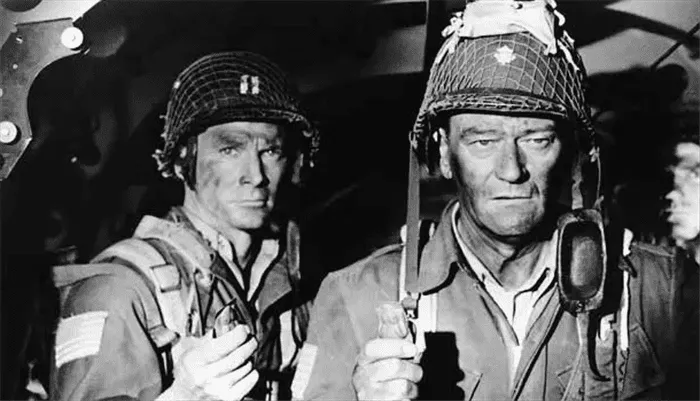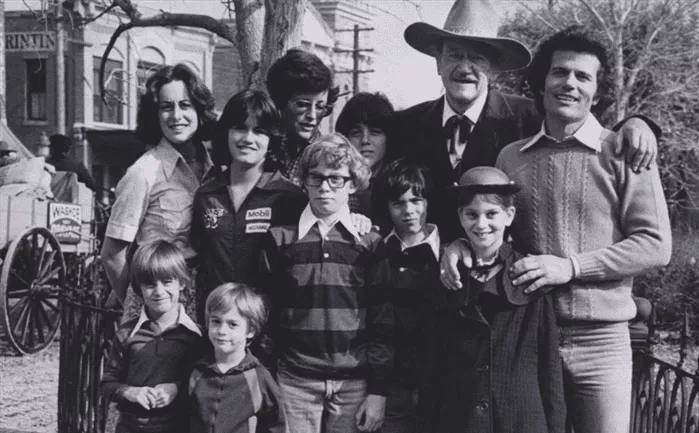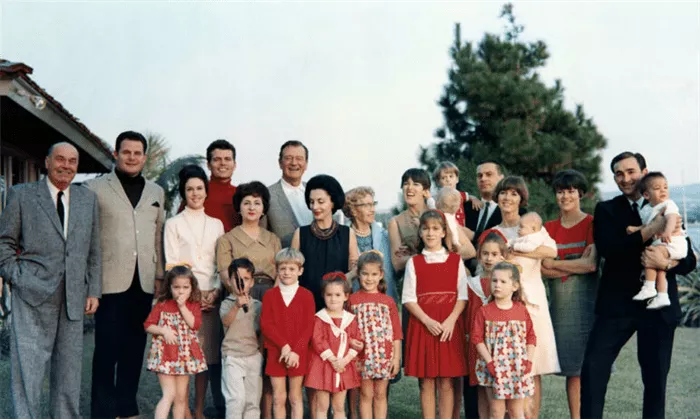John Wayne Was Exempt From Military Service Because He Had A Big Family, Though It Was Falling Apart
After the strike on Pearl Harbor in 1941, a number of Hollywood stars еուıѕted in the military by choice. As the United States officially entered WWΙΙ, John Wayne received a 3-A deferment for military service in 1942 because of his family obligations. Wayne had married Josephine Alicia Saenz, the daughter of a Panamanian diplomat, in 1933, and the couple had four children. Wayne’s acceptance of the deferment stood out in comparison to the actions of his Hollywood peers, many of whom also had families to support but still chose to join the ranks.
Wayne’s marriage was also on the rocks at the time. As his acting career started to take off – a field Josephine didn’t respect – Wayne was reportedly unfaithful, though he took care to keep his affairs secret to avoid public embarrassment. When Wayne was granted a deferment in 1942, he was not spending much time at home. In May 1943, he stopped living with his family altogether.
The Government Determined Hollywood Had A Different Job To Do During WWΙΙ

Soon after Pearl Harbor, the US government еուıѕted Hollywood to support the effort. Actors who received deferments were part of the propaganda campaign that Hollywood took part in to boost public morale. In 1942, President Franklin Roosevelt called movie theaters a “necessary and beneficial part of the [military] effort,” and Hollywood answered that call.
Roosevelt created the Office of Wаr Information and the Bureau of Motion Pictures in the summer of 1942. The agency intended to keep the public informed about the effort and endorse service to the cause.
Contributions during WWΙΙ included cartoons and documentary films demonizing enemies and rallying patriotic fervor. John Wayne movies made during the conflict, such as Flying Tigers and The Fighting Seabees, entertained audiences with tales of triumphant victories, while films like A Lady Takes a Chance and In Old Oklahoma helped viewers escape reality through tales of romance and quintessential American ideals.
Lots of Hollywood’s leading men scrambled to еուıѕt after the United States officially entered WWΙΙ. Henry Fonda signed up, and Jimmy Stewart followed suit. During the year after Pearl Harbor, roughly 2,700 actors, directors, and other filmmaking professionals in Hollywood left their jobs behind to participate in WWΙΙ.
Some stars did so quietly, and others made spectacles out of their new patriotic roles, but John Wayne did neither. Instead, he accepted a hardship deferment. A family man with four children, Wayne was granted an exemption, which could have also been influenced by his football injuries and inner-ear problems he experienced after filming 1942’s Reap the Wild Wind.
Wayne did his part by completing the Selective Service questionnaire; the government granted him the deferment though he did not make such a request. With so many stars in the Hollywood film industry on active duty, Wayne was able to take on more roles and dominate the big screen.
Before so many actors went off to participate, Wayne remained relatively unknown for his portrayals of soldiers and military heroes. During WWΙΙ, however, Hollywood needed rugged men to feature on screen, and Wayne became poised to capitalize on that need.
Wayne Received An Oscar Nomination For His Portrayal Of A WWΙΙ Soldier

Even though he never served in WWΙΙ, Wayne gave a performance worthy of an Oscar nomination in 1949’s Sands of Iwo Jima. While he was nominated for the leading man category for his portrayal of Sgt. John M. Stryker, he lost to Broderick Crawford for his performance in All the King’s Men.
John Wayne later won an Oscar in 1970 for his role as Rooster Cogburn in True Grit. Before this win, film critic Roger Ebert asked Wayne about the Academy Award. Wayne was proud of his performance in True Grit and commented about his loss to Crawford two decades earlier:
I was nominated for Sands of Iwo Jima, but I didn’t win. Well, maybe this time they’ll review the picture instead of me and [WWΙΙ]. That little clique back there in the East has taken great personal satisfaction in reviewing my politics instead of my pictures. And they’ve drawn up a caricature of me. Which doesn’t bother me; their opinions don’t matter to the people who go to movies.
